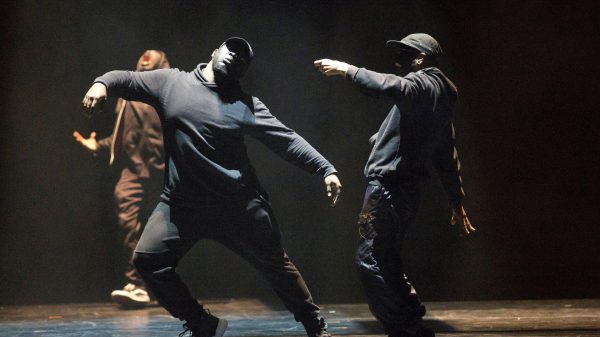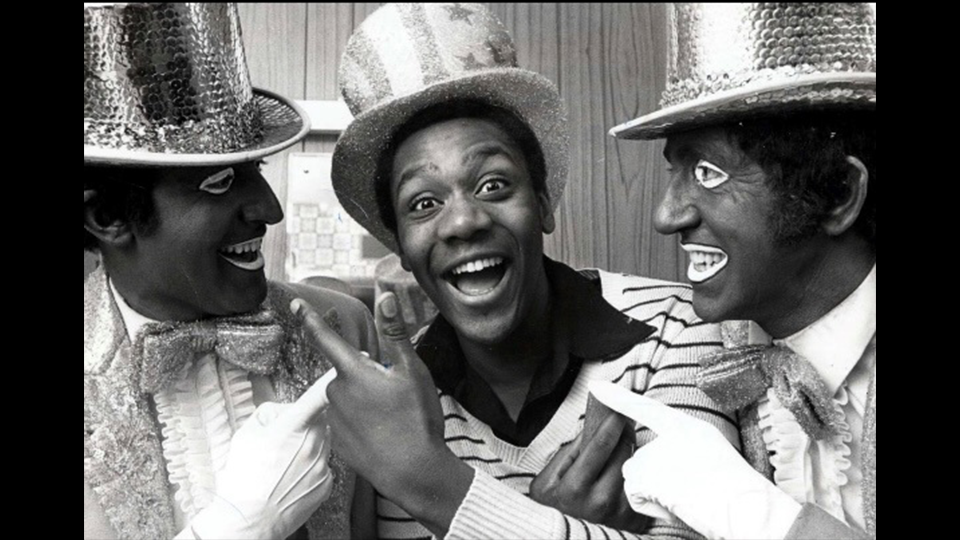The BBC’s historical culture wars have been laid bare in an authorised biography of the corporation.
It reveals that a high-ranking executive demanded that black people “shut up” amid internal disquiet over The Black And White Minstrel Show.
The book by David Hendy, a professor of media and culture history at Sussex University, dedicates a chapter to how the BBC dealt with the rise of cultural diversity in Britain amid the Windrush wave of immigration.
The Black And White Minstrel Show was a hugely popular variety programme that ran for 20 years from 1958 featuring white performers in black make-up.
In 1962 Barrie Thorne, the corporation’s chief accountant, privately complained that the show was “a disgrace and an insult to coloured people”. Five years later he voiced his misgivings to Oliver Whitley, assistant to Hugh Greene, the director-general. He received short shrift. “Coloured people,” replied Whitley, who died in 2005, should “for heaven’s sake shut up”.
Also in 1967, the show was the subject of a complaint from the Campaign Against Racial Discrimination. The BBC head of press decided to turn to the Daily Mail to assess how viewers felt about the show. He concluded it was not “racially offensive” and that “no further action was necessary”.
When the show, which would later feature Sir Lenny Henry in one of his first TV appearances, was eventually cancelled in 1978, the decision “had come shockingly late”, Hendy observes in The BBC: A People’s History, which has been written to coincide with the corporation’s centenary this year.
Delving into the BBC’s vast archives, he also reveals that Una Marson, the broadcaster’s only black producer in 1939, experienced both racism and support from colleagues.
The BBC checked with the government to ensure it had no objection to the “appointment of a coloured British subject” before she was hired.
Hendy writes that the “constant hum of prejudice” contributed to Marson having a nervous breakdown in 1945 and she returned to Jamaica.

































































